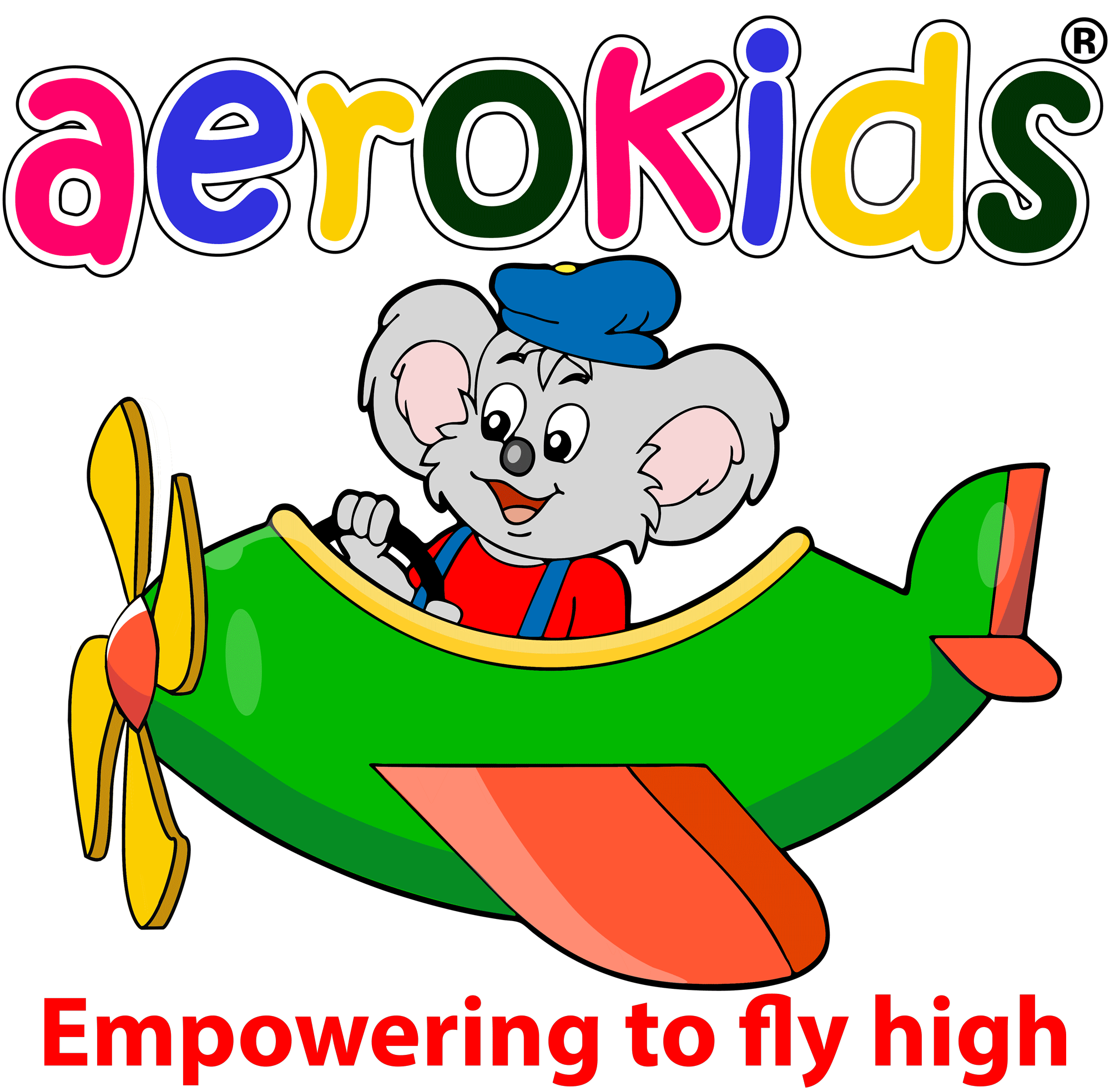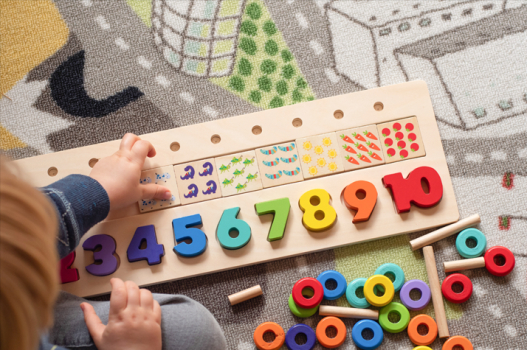The Benefits of Play-Based Learning for Young Children

As a parent or caregiver, you want the best for your child's education. However, sometimes it can be overwhelming to decide which educational approach is the best fit for your child, especially when it comes to early childhood education. In recent years, play-based learning has gained popularity as an effective educational approach for young children. In this article, we will discuss the importance of play-based learning in early childhood education and why it should be a top consideration for your child's preschool education.
What is Play-Based Learning?
Play-based learning is an educational approach that uses play as a way of teaching young children important skills and concepts. The learning is child-directed, meaning that children choose their own activities and play in their own way. Teachers and caregivers facilitate the learning process by providing a safe and stimulating environment, engaging with the children during play, and guiding them towards new skills and ideas.
Why is Play-Based Learning Important?
- Builds Social and Emotional Skills
Through play, young children learn to interact with others, negotiate, problem-solve, and express their emotions. These skills are crucial for building healthy relationships, developing self-esteem, and managing their emotions.
- Develops Cognitive Skills
Play-based learning can help develop cognitive skills such as critical thinking, problem-solving, and decision-making. It provides opportunities for children to explore and experiment with new ideas, make connections between different concepts, and use their imagination to create new possibilities.
- Enhances Language and Literacy Skills
Play-based learning can also help develop language and literacy skills. Through play, children learn new words, develop their vocabulary, and practice communication skills. They also learn to listen, follow directions, and understand concepts such as sequencing and story structure.
- Encourages Creativity and Imagination
Play-based learning encourages creativity and imagination by providing opportunities for children to explore different materials, ideas, and experiences. It allows children to express themselves, create new things, and use their imagination to solve problems.
How Play-Based Learning Works in Preschools
In preschools, play-based learning is integrated into the curriculum in a variety of ways. Teachers and caregivers create an environment that is safe, stimulating, and supportive of children's natural curiosity and desire to explore. They provide a range of materials, toys, and activities that encourage children to learn through play. Teachers and caregivers also facilitate children's play by engaging with them, asking questions, and guiding them towards new ideas and skills.
Summing Up:
Play-based learning is a valuable educational approach that can have a significant impact on young children's development. It is an effective way to build social and emotional skills, develop cognitive skills, enhance language and literacy skills, and encourage creativity and imagination. If you are considering preschool options for your child, we encourage you to consider a play-based learning approach. It can provide a solid foundation for your child's future academic and personal success. If you're looking for a preschool that offers a play-based learning approach, consider Aerokids. Our school recognizes the importance of play in early childhood education and has designed our curriculum to support children's natural curiosity and desire to learn through play.


 Facebook
Facebook

